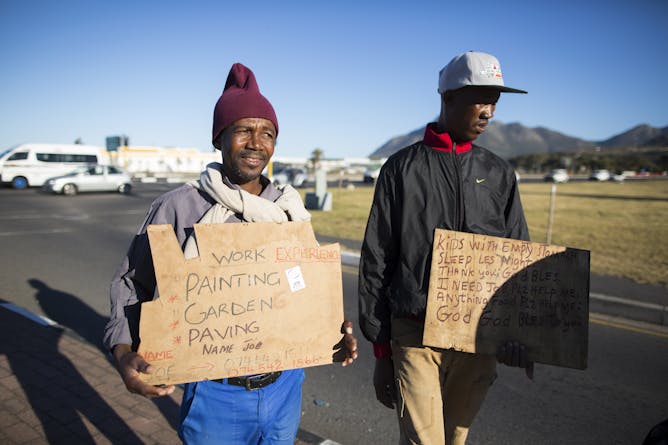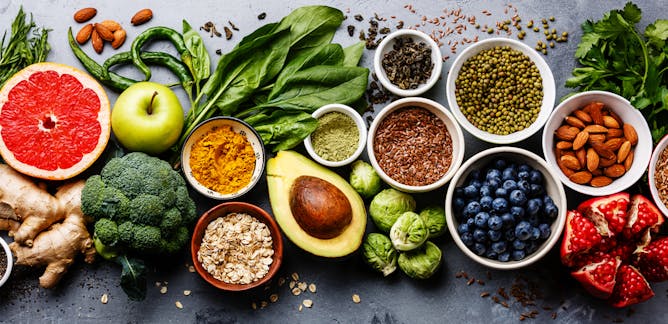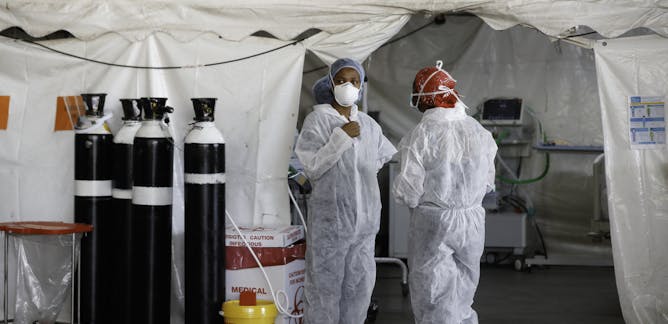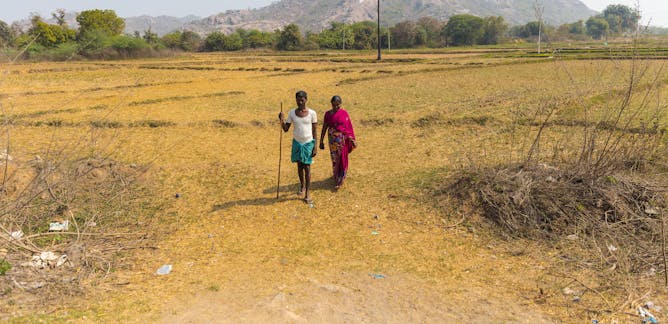|
|
|
|
A surge in COVID-19 infections on the back of a new variant of the disease has brought the pandemic back into the headlines in Ghana. This has led to questions being raised about the country’s readiness to roll out a vaccination programme. Nana Kofi Quakyi looks at the major stumbling blocks facing the president’s stated ambition of ensuring every Ghanaian is vaccinated. These range from questions of access to vaccines, to cold chain storage capabilities and scepticism about the efficacy of the drugs.
South African president Cyril Ramaphosa recently said the country needed to debate the desirability and viability of a basic income grant to provide a “social safety net” for poor people, as the COVID-19 pandemic continues to deepen unemployment and poverty. Many were therefore disappointed that he didn’t provide further details in his State of the Nation Address last week. Instead, he announced that the special COVID-19 grant, which was due to lapse at the end of January, would be extended for a further three months. Hannah Dawson sets out why this is not enough. The country, she says, needs permanent income support to cushion people against
poverty.
|
Godfred Boafo
Commissioning Editor: Ghana
|

|
|

African countries are relying on approved vaccines to stem a rise in cases.
Lisa Ferdinando/Wikimedia Commons
Nana Kofi Quakyi, New York University
Ghana's mid-year target of procuring and administering 17.6 million COVID-19 vaccine doses may be constrained by global supply, cold chain capacity, and vaccine hesitancy.
|

Two unemployed men tout for casual jobs on a street in Cape Town.
EFE-EPA/Nic Bothma
Hannah J. Dawson, University of the Witwatersrand
The COVID-19 pandemic has worsened unemployment and poverty, showing the need for the government to permanently expand income support to working-age adults.
|
Arts, Culture + Society
|

Gibson Ncube, University of Zimbabwe
Aliens arrive in Lagos in Nnedi Okorafor's celebrated sci-fi novel Lagoon – and with them they bring a future free of restrictive gender norms.
| |

Jane Duncan, University of Johannesburg
The Constitutional Court judgment is a huge victory, not only for journalists and lawyers who stand to benefit directly and immediately, but for broader society.
|
|
|
Environment + Energy
|

Ellen Fungisai Chipango, University of Johannesburg
Universal energy access can only be achieved if people have the capabilities to use the energy to transform their lives.
| |

Lucia Anelich, Central University of Technology; Jeffrey M. Farber, University of Guelph; Ryk Lues, Central University of Technology; Valeria R Parreira, University of Guelph
Food safety agencies have assessed the risk of acquiring COVID-19 from contaminated food or food packaging. They found that currently, there's no evidence that the virus is a food safety risk.
|
|
|
From our international editions
|

Zania Stamataki, University of Birmingham
We can help vaccines keep up with the mutating coronavirus by doubling down on preventive measures.
| |

Sandor Fabian, University of Central Florida
The US Armed Forces run 14 programs in over 150 countries, providing education and training for roughly 70,000 foreign military personnel each year. What, if anything, are they learning?
|

Michelle Bentley, Royal Holloway
A decade ago, the lack of a clear policy by the Obama administration let the region down. But might US have another opportunity in the Middle East?
| |

Shruti Bhogal, University of Cambridge; Shreya Sinha, University of Cambridge
There is a long-term agrarian crisis, as yields are stagnant, water runs out and topsoil blows away.
|
|
|
| |
Featured events
|

|
Future Africa, Hillcrest Campus, South Street, Pretoria, Gauteng, 0084, South Africa — University of Pretoria
|
|
|
|
| |
| |
| |
Would you like to republish any of these articles?
|
|
It’s free to republish, here are the guidelines.
Contact us on africa-republish@theconversation.com in case you need assistance.
|
| |
| |
| |
| |
|
|
|
|
|
|
|